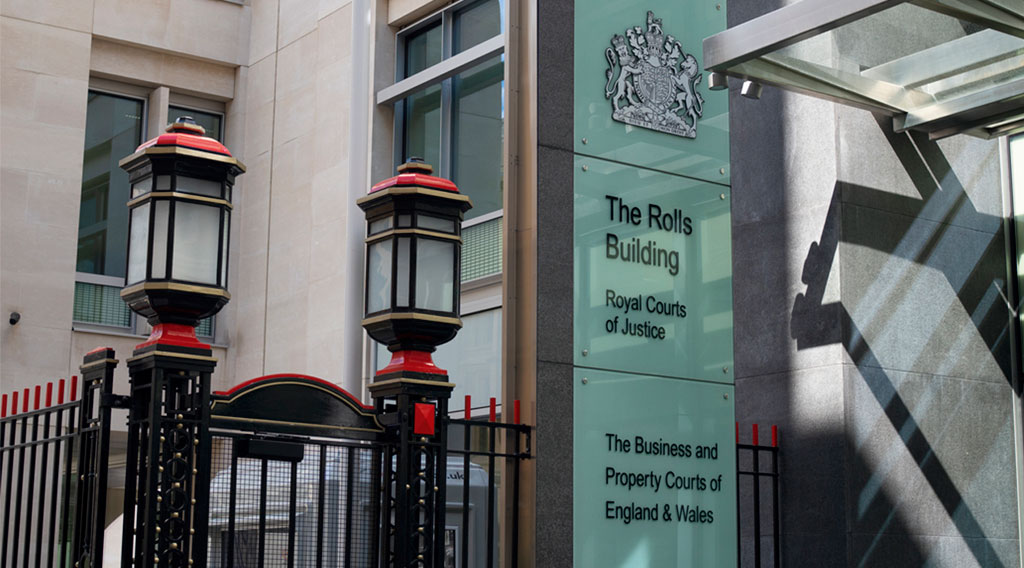
The cloud of Brexit has hung over the London legal community for almost three years now, with many all too willing to admit that ‘winter is coming’. The analogy to Westeros is self-evidently extreme, but it is clear that London faces very real competition to its position as the pre-eminent global forum for the resolution of international disputes. Much has been written and said about the new commercial courts that have been set up in Amsterdam, Frankfurt, Paris and Brussels. They have a clear objective to drum up support for the resolution of disputes, in a post-Brexit world, which might have previously been dealt with in London. That competition is, however, just the continuation of a trend which has seen the emergence of international courts in Asia and the Middle East. Those challengers are well funded, supported by substantial infrastructure and have for a long time been attracting judicial talent away from








